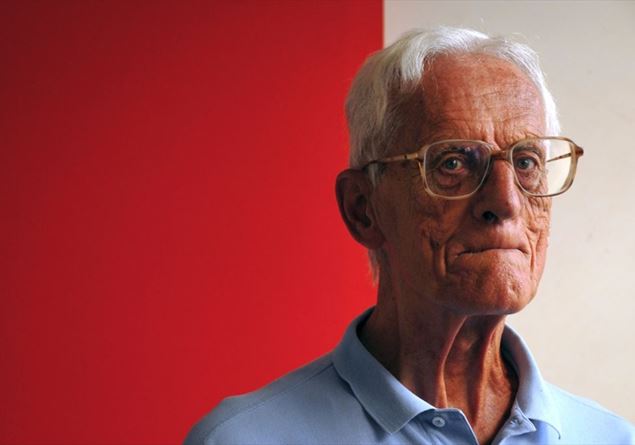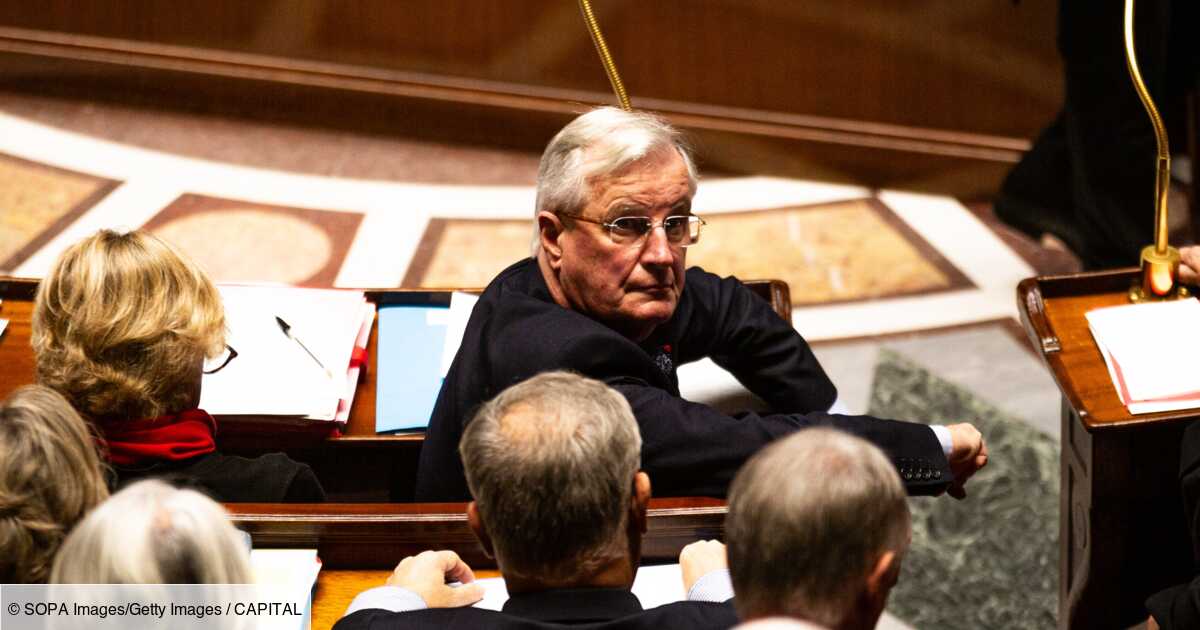
“I know of nothing in the world that has as much power as the word,” said the poet Emily Dickinson. A truth as evident as it is forgotten: with words we can “destroy and create” and “change the world”, the Buddha taught, yet we often use them as if they were simple neutral sounds, devoid of value and specific “weight”. «A weight that we continually verify in daily life and, even more so, in encounters with the most fragile people», says Eugenio Borgna, a psychiatrist with great experience and sensitivity, who dedicated a precious and useful volume to the topic, scientifically rigorous and at the same time poetic: The words that save us, which will be attached to the next issue of Christian family. «They are important both because they express what we feel, and when we try to intuit the words that others want to hear and can understand, beyond their formal aspect. Words allow us to enter into relationships with ourselves and others or they prevent us from doing so.” It is the underlying ambivalence of the word, capable of saving but also of wounding. «Some oncologists maintain that a large part of their therapeutic effect depends on the words with which the disease is exposed to patients», observes Borgna. «How to choose them then? Do we want to, do we have time on the thousand occasions of life to look inside ourselves? If we do not face this path towards interiority, we will not know ourselves or others. If, however, we rely on our intimacy and know how to choose words that, before being pronounced, pass through the heart, express the reasons of the heart, then we “create” words that save, broadening the boundaries of hope and narrowing those of desperation. Only within this dialectic between the speaker and the listener can a saving vocabulary be written. Our language must be continually renewed by the responses of the people we meet: here the words count, of course, but also the ability to evaluate when silent listening and accompanying the word with a look towards the other is preferable.”
There is therefore a “responsibility of the word” which, once pronounced, goes around the world to produce its effects… «Even if we enunciate them lightly, words constitute the ways through which we reveal our face to the faces of others. In order for them to first pass through the scrutiny of the heart – that is, of sincerity, of trust – to testify to the other what we are, they must be rooted in the memory of what has been, therefore in the past of our experience. In addition to the desire for mutual knowledge, the words that save are inspired by the desire to help the other, particularly when he or she is experiencing a difficult situation. In this case, the person is extremely sensitive to the nuances of the words we use.”
It is evident that the term word transcends the purely lexical meaning, indicates an attitude, implies a non-verbal language. «The chosen word itself has great value, but its communicative meaning changes the moment we enter into a relationship with the other. Outside the context of the relationship, words can prove useless, ineffective: the more we are available to relive and welcome the feelings and emotions of the other, the more his mystery becomes clearer. The word is chameleon-like, it radically changes its meaning based on the contexts and in this sense the gesture becomes essential.”
Today the word has become the protagonist of social media and the Internet… «If it is not received in a relational context that allows us to assume all its complex and fragile meanings, the word shatters and breaks. Keeping in mind the information content and the emotional context in which the word is inserted is more difficult and complex when the contextual presence of the listener and questions about the meaning is lacking. The attention and circumspection necessary for the word to maintain its authenticity and creativity are reduced, while the mysticatory pressure is intensified. Precisely because of the way they are structured, digital communication channels require even more acute awareness and very high attention to the ethical dimension.”
Does our era suffer from an excess or lack of words? «Of excess words spoken inappropriately, thrown into the fray when silence would be needed; on the other hand also of lack, because speaking means questioning yourself, bringing feelings and emotions to light.”
There is also a Word with a capital letter, the sacred texts… «It is the word that is nourished by prayer, hope, faith… A word immersed in mystery. If our words were more closely compared with those, certainly sparse, but with dazzling light of the Gospel, then all the psychological constructions that we have analyzed would not even be necessary.”







